Some of my fondest childhood memories are of the holidays, when my family would go out and pick the perfect Christmas tree.
As it turns out, bringing a live Christmas tree into your home can potentially be hazardous. Besides possibly catching fire and being riddled with bugs, it could also make you sick. Known as Christmas tree syndrome, people get cold and flu-like symptoms after bringing a Christmas tree indoors.
Why? There is mold on Christmas trees, and it multiplies when brought into a house. A new study found the mold counts on a Christmas tree rose to five times the normal level just 14 days after putting it inside. This can be especially problematic for people suffering from mold allergies. It can also cause serious asthma attacks.
But don't swear off living Christmas trees just yet. There are precautions you can take to help minimize the growth of mold and to have a happy, fun Christmas — keep scrolling to learn about them.

Millions of families around the world bring a beautiful evergreen tree into their house each year to celebrate Christmas.
But your Christmas tree may be harming your health.

Christmas tree syndrome refers to having an allergic reaction to a Christmas tree, due to mold.
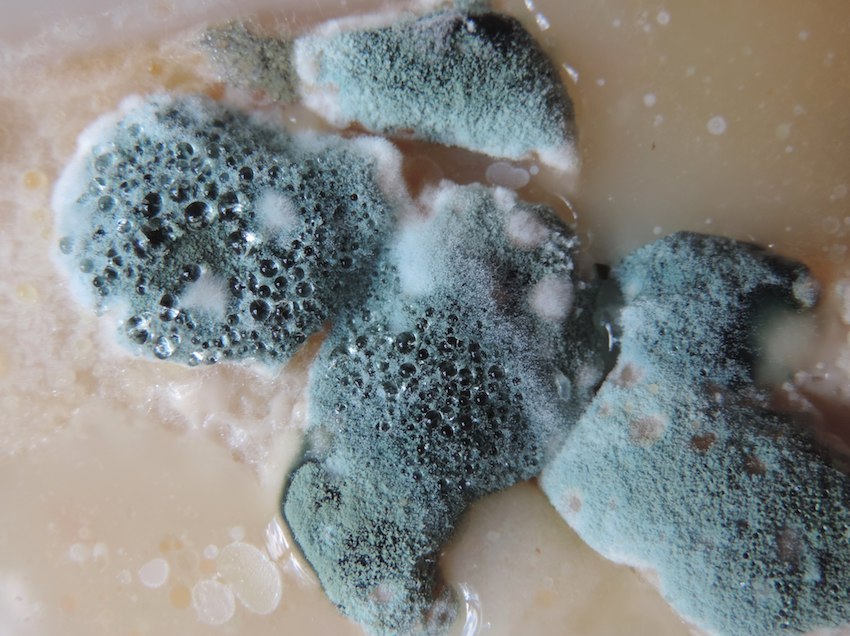
Trees harbor mold that is then brought into your home. According to research, the mold spores can multiply up to five times after being in a home for just two weeks.
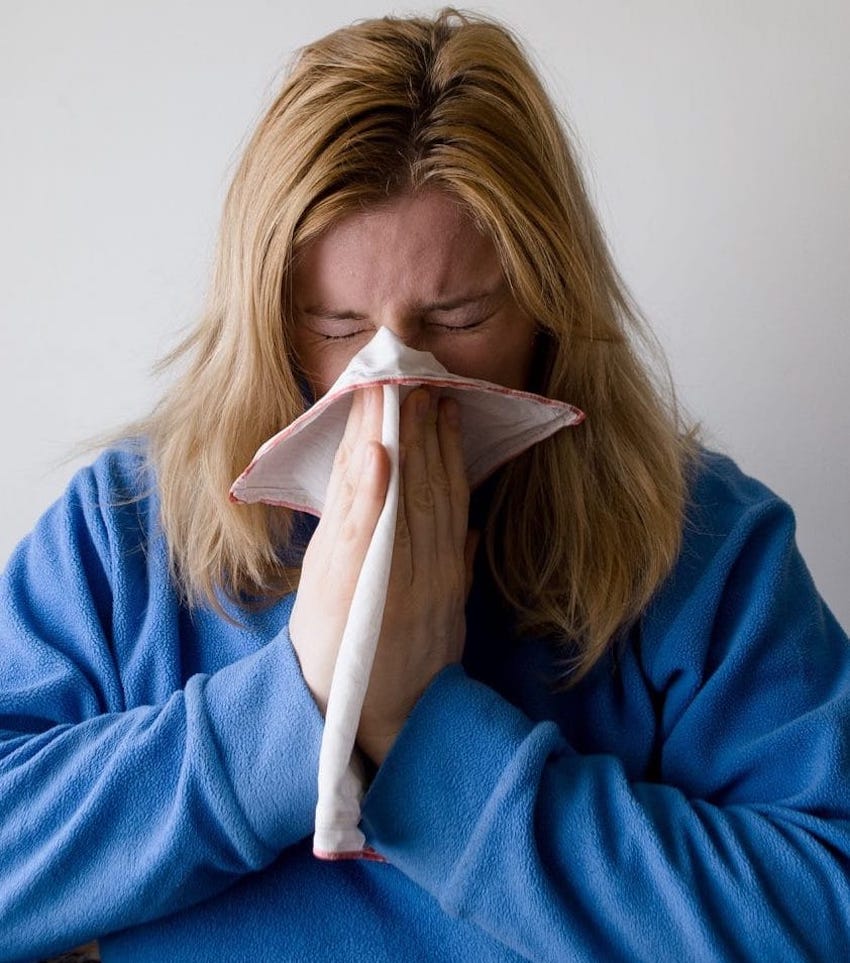
The growth of mold can wreak havoc on your respiratory system. It can cause flu-like symptoms, including a runny nose and fever.
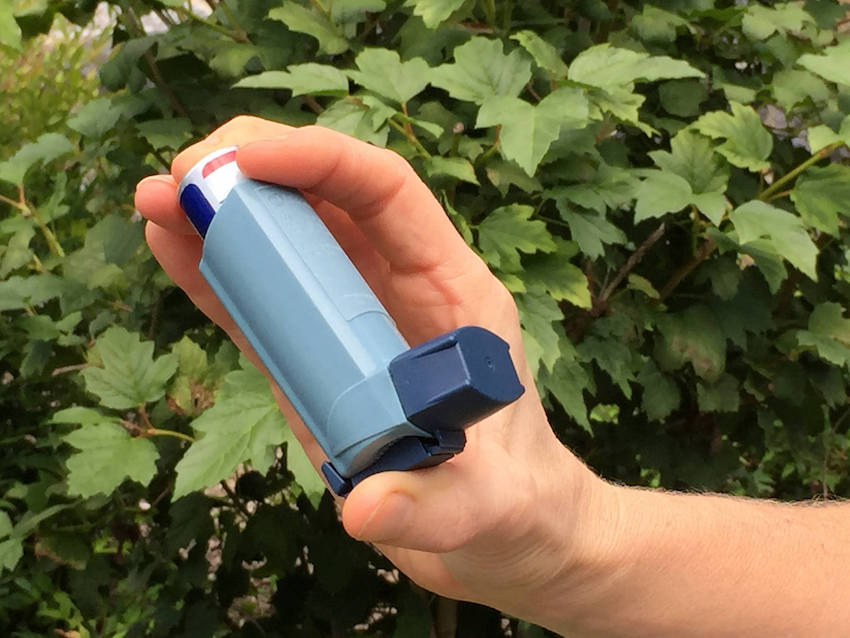
This news is even worse if you have asthma. The mold could trigger a life-threatening attack.
But there are ways to minimize the mold growth and have a happy holiday.

It is recommended to hose down your Christmas tree before bringing it indoors. This can help wash off the mold.
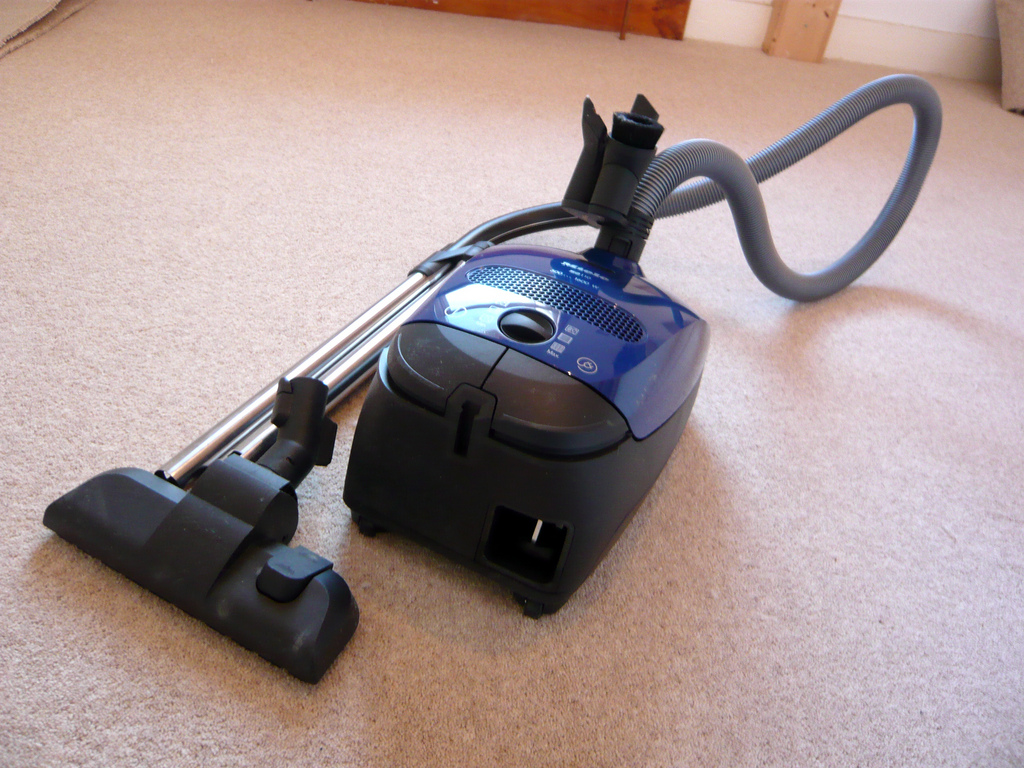
It's important to vacuum more often to get rid of the mold. Using a HEPA filter will also reduce the risk of a reaction.
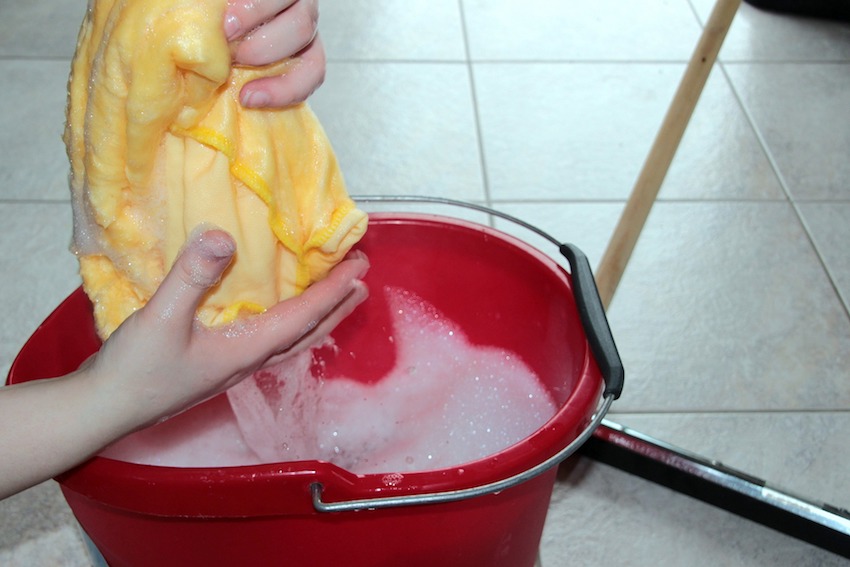
If you use an artificial tree, it's a good idea to wipe down the tree with warm, soapy water. This will help get rid of any dust that's accumulated during storage.
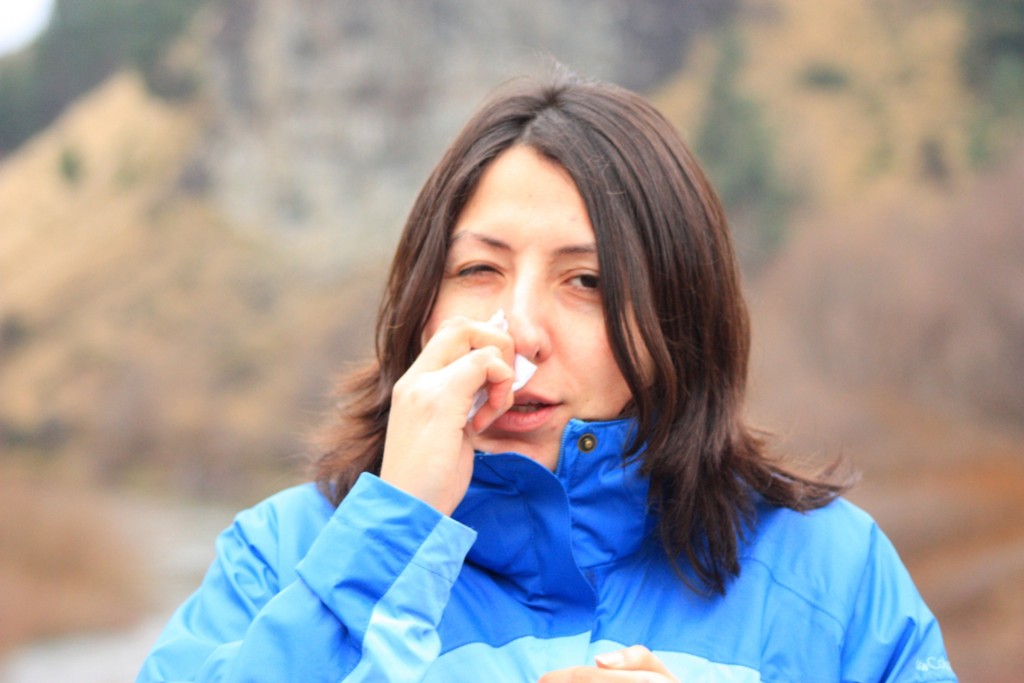
Using these simple tools will help lower the risk of an allergic reaction to a Christmas tree.
It's also a good idea to store decorations in airtight plastic containers.

If you suffer from allergies during the holidays, these tips may prove useful!
Please SHARE this post on Facebook with family and friends.




